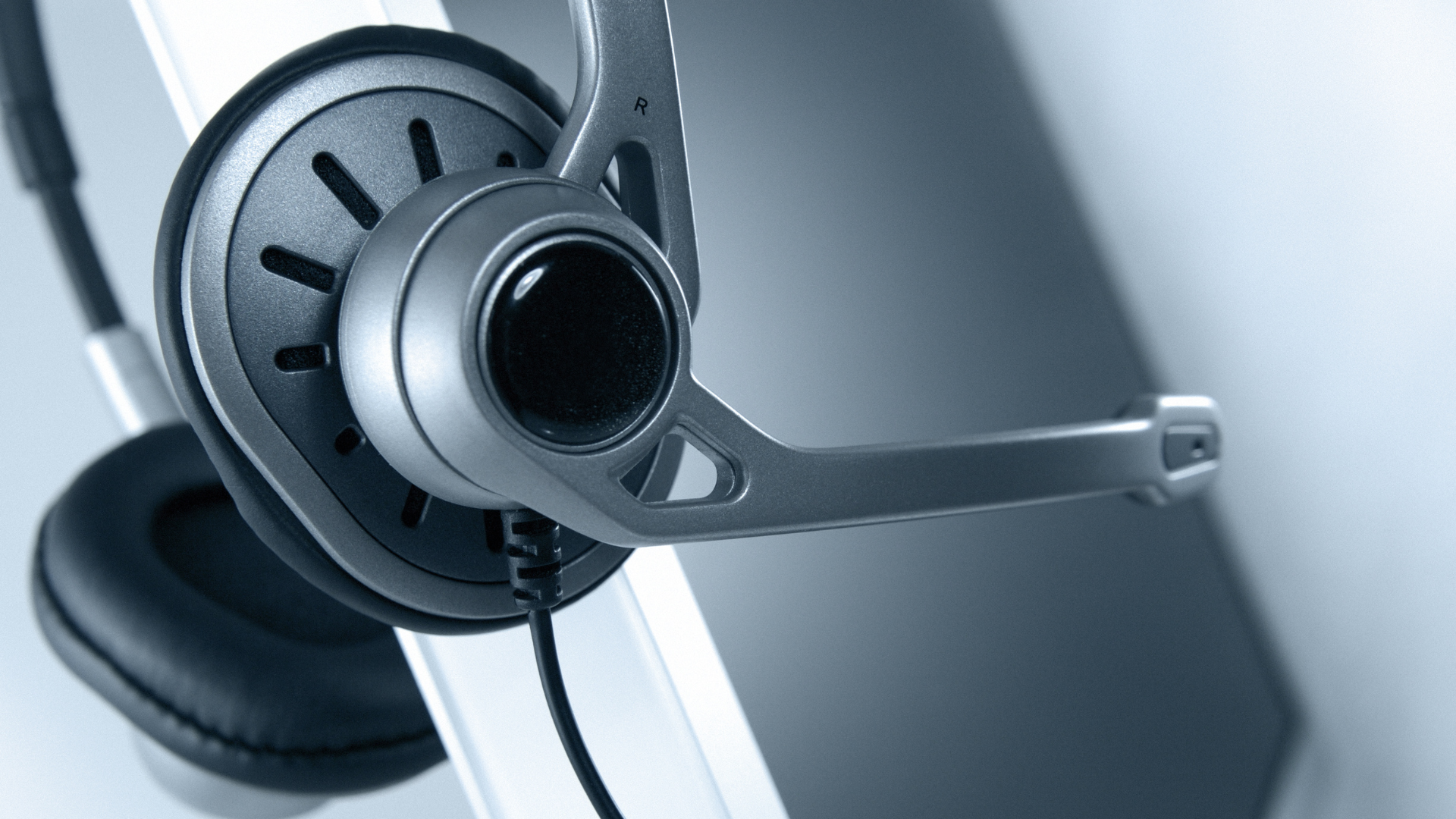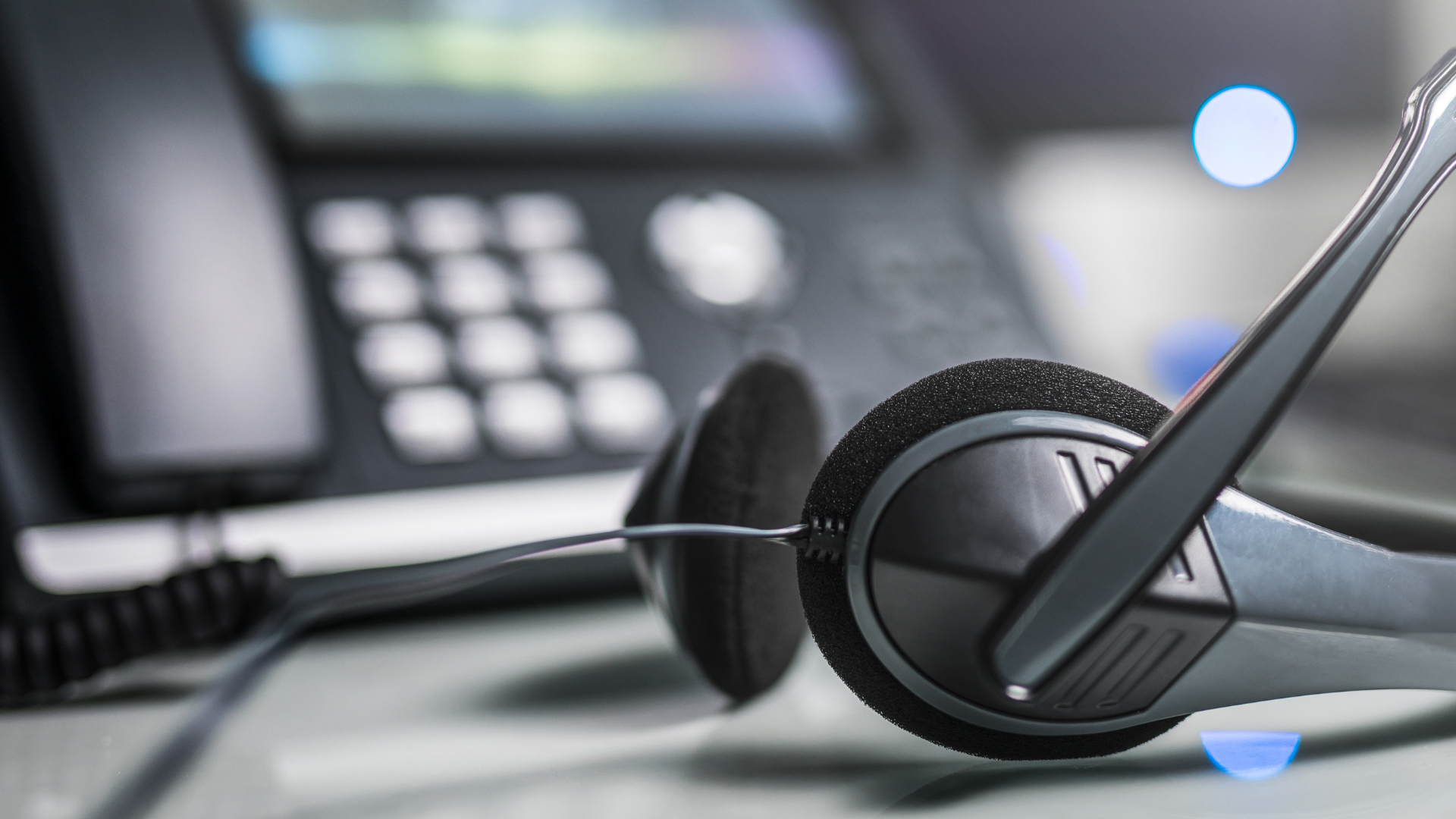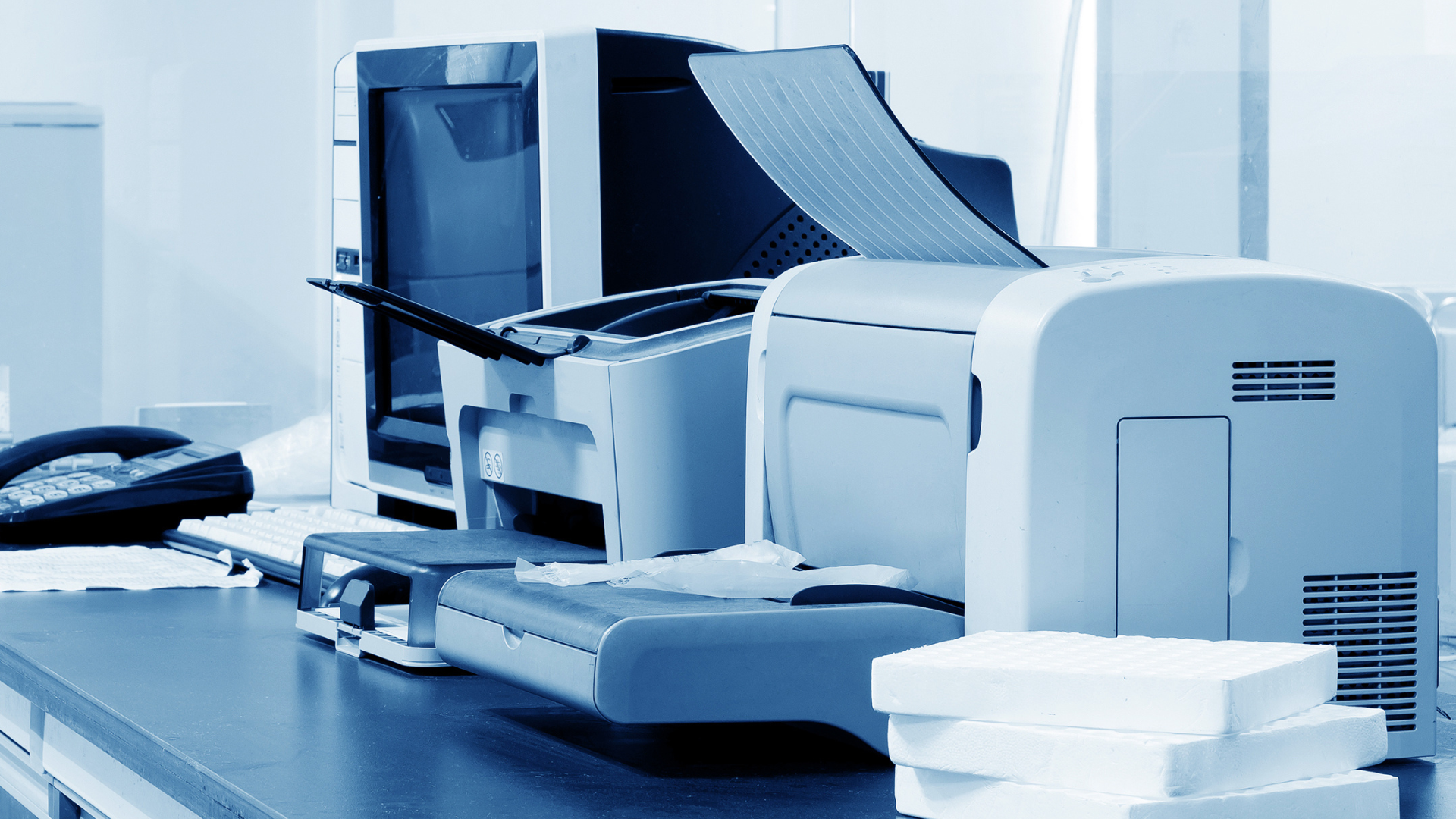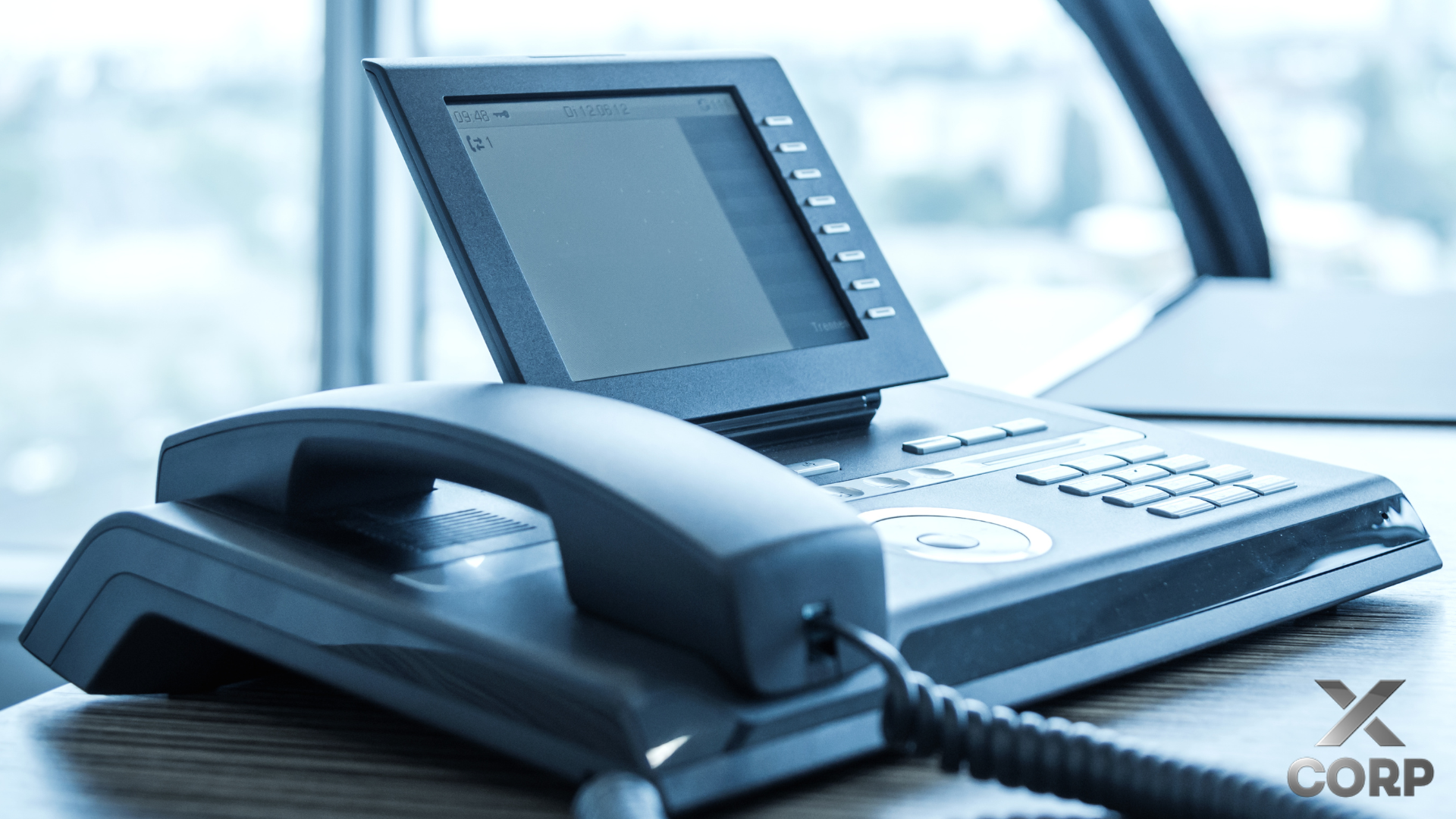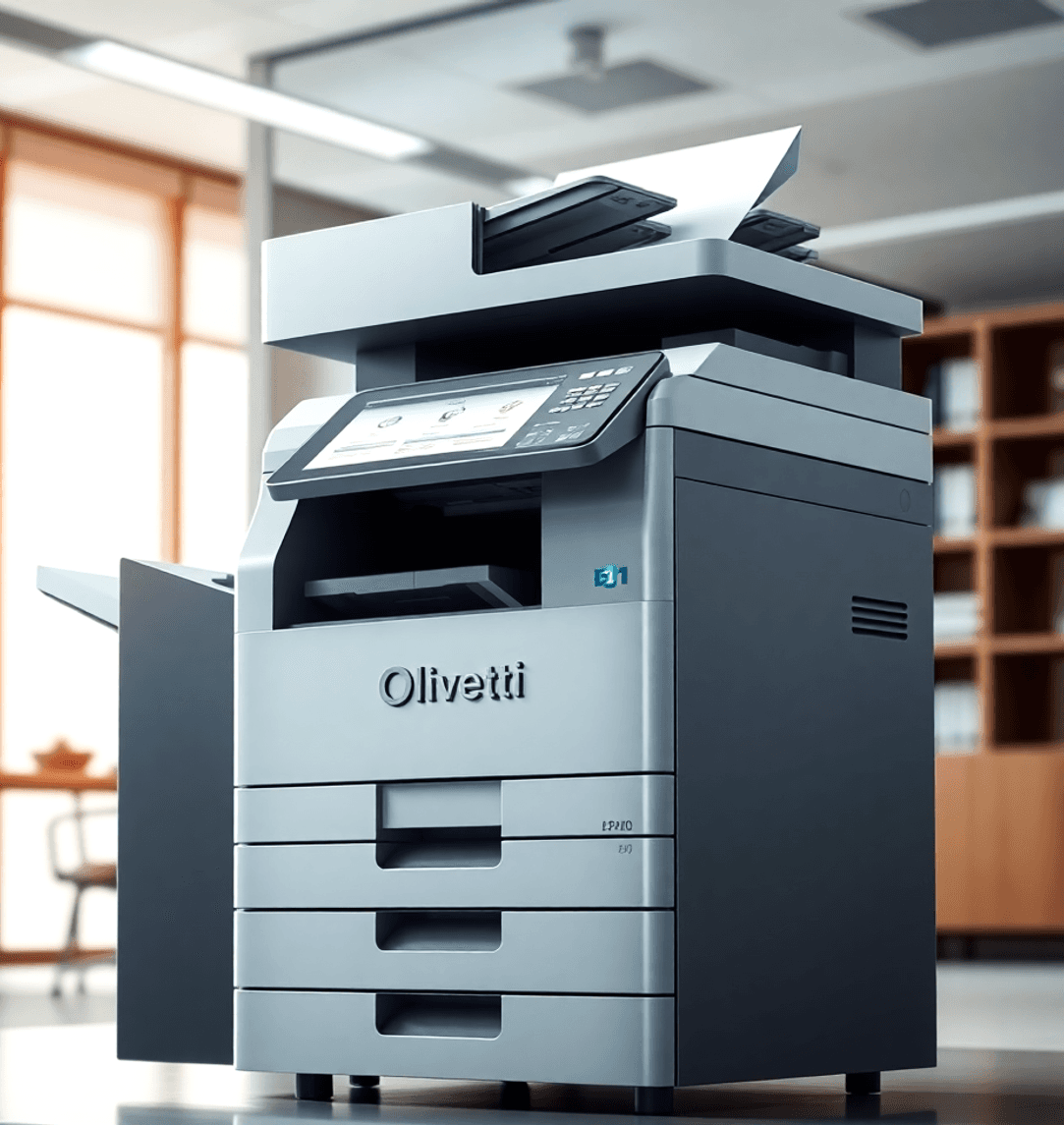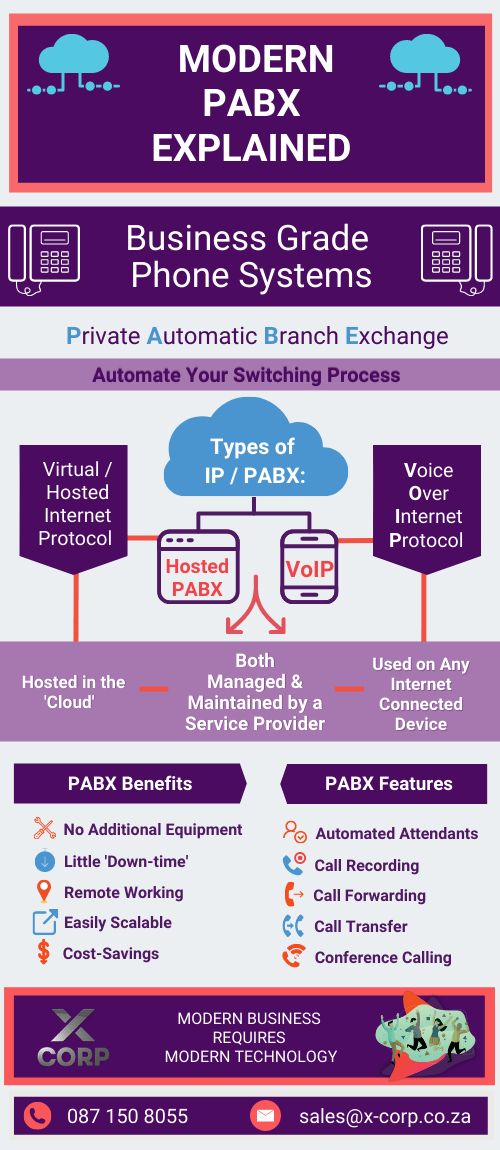
You hopped online to have a look at your business’s options for a telephone system and… Information overload. Countless abbreviations later and you're more confused than before.. We get it!
Let’s break things down into simpler terms.
Overview:
- What is a PBX or PABX Phone System?
- Is There a Difference Between PBX and PABX?
- How Does A PABX Phone System Work?
- Types of PABX Phone Systems
- PABX Features
What is a PBX or PABX Phone System?
The terms ‘PBX’ and ‘PABX’ are quite simply referring to business-grade phone systems.
These phone systems are able to provide businesses with key features that assist with and optimise daily business operations.
Is There a Difference Between PBX and PABX?
Both PBX and PABX serve the same purpose (they are both switching systems). You can, however, think of PABX (Private Automatic Branch Exchange) as an upgraded version of the traditional PBX (Private Business Exchange).
Traditional PBX Systems (Private Branch Exchanges) have been around for a long time. As they were introduced prior to the arrival of the internet, they lack many modern day features and make use of human operators to manage the switchboards used in telephone exchanges.
PABX systems on the other hand, make use of computers in order to automate the switching process. PABX systems allow businesses to run their own internal phone network using local extension numbers.
Note: Though there may be notable differences between traditional PBX systems and modern PABX systems... Today, the words ‘PABX’ and ‘PBX’ have become more or less synonymous.
PBX can now refer to both automated and manual systems. (As you can host an Internet-based PBX in the cloud).
How Does A PABX Phone System Work?
PABX systems operate by using either VoIP (Voice Over Internet Protocol) or via analog (traditional, as discussed above) or digital phone lines. With a PBX phone system, the physical phone line coming into your business can be split into multiple lines, allowing you to support more telephones and scale according to your business’s needs.
Types of PABX Phone Systems:
Analog PBX Phone Systems
As mentioned above, traditional PBX systems are rather outdated and lack most modern key features. These phone systems connect to the Public Switch Telephone Network (PSTN) over Plain Old Telephone Service (POTS) lines. The PBX manages calls between phones and fax machines by being physically connected to them via copper wires. These physical ‘boxes’ will generally live in an office's telecom closet.
VoIP PABX Systems
Also known as IP PBX, VoIP represents a newer version of PBX by making use of IP (Internet Protocol) to carry calls, instead of traditional phone lines. Put simply, voice is converted into data that is transmitted over the Internet, then it is converted back to voice for the receiver.
VoIP PABX systems offer the same functions as those of traditional PBX, while providing many additional features. Users are also not confined to a single location
For a detailed list on the benefits of VoIP,
click here.
On-Premise & Cloud (Hosted) PABX Systems
It is important to note that with on-premise (or IP PABX) there is an actual 'box on the wall' that all of your Business’s telephones plug into. A hosted PABX, on the other hand, uses the cloud (instead of an actual box).
On-Premise PABX
On-Premise systems are slightly different from hosted PBX telephone systems. They still make use of voice-over IP technology to manage the business telephone system. However, the servers to manage outgoing and incoming calls are maintained on-site, by the business itself. These systems do require initial upfront costs (of installations and maintenance) as well as internal IT staffing capable of maintaining them.
Cloud PABX
Cloud PBX (also known as Virtual or Hosted PBX) is a type of IP (Internet Protocol) phone system.
These virtual systems make use of an internet connection to a VoIP service provider.
Everything is taken care of by the service provider. (including the routing of all incoming and outgoing calls) and no additional on-site equipment is needed.
For more information about the benefits of a hosted system, click here.
Some Standard & Advanced PABX Features:
- Voicemail Options
- Find me/Follow me
- whether an employee is using a mobile device, landline or desktop and no matter where they are, they can always be reached.
- Automated Attendants
- lets each business set up their own ‘virtual secretary’ according to their companies brand image
- Call Recording
- from the managing of disputes and the training of employees to liability and call quality monitoring.
- Call Log Reports
- Call log reporting enables businesses to access complete records of all outbound & inbound calls..
- “On Hold” Messages and Music
- This feature has been put in place to ease that frustration of being placed “on hold”, allowing businesses to ‘fill the void’ with music either chosen from a set list or uploaded (for more of a personal touch).
- Call Transfers
- Hosted PABX systems allow for calls to be transferred quickly and effortlessly to the correct people within an organisation (whether that be within the same office, in another building or even in another country).
- Call Forwarding
- Call forwarding makes it possible for employees to be ‘on call’ anywhere and at any time by giving them the ability to forward calls directly to their mobile devices or any given number.
- Conference Calling
- Conference calling allows users to add multiple callers to the conference and callers to ‘call in’ and join the conference call.
In Conclusion:
PABX systems have also become an affordable solution for many businesses, giving them more control and flexibility over their voice communication processes. Finding the best system to suit your business needs can be a tricky task.
For advice as to which system is right for your business, use our smart pabx quote wizard to get pricing for your business phone system.
We are here for you.



